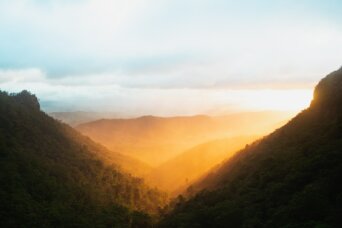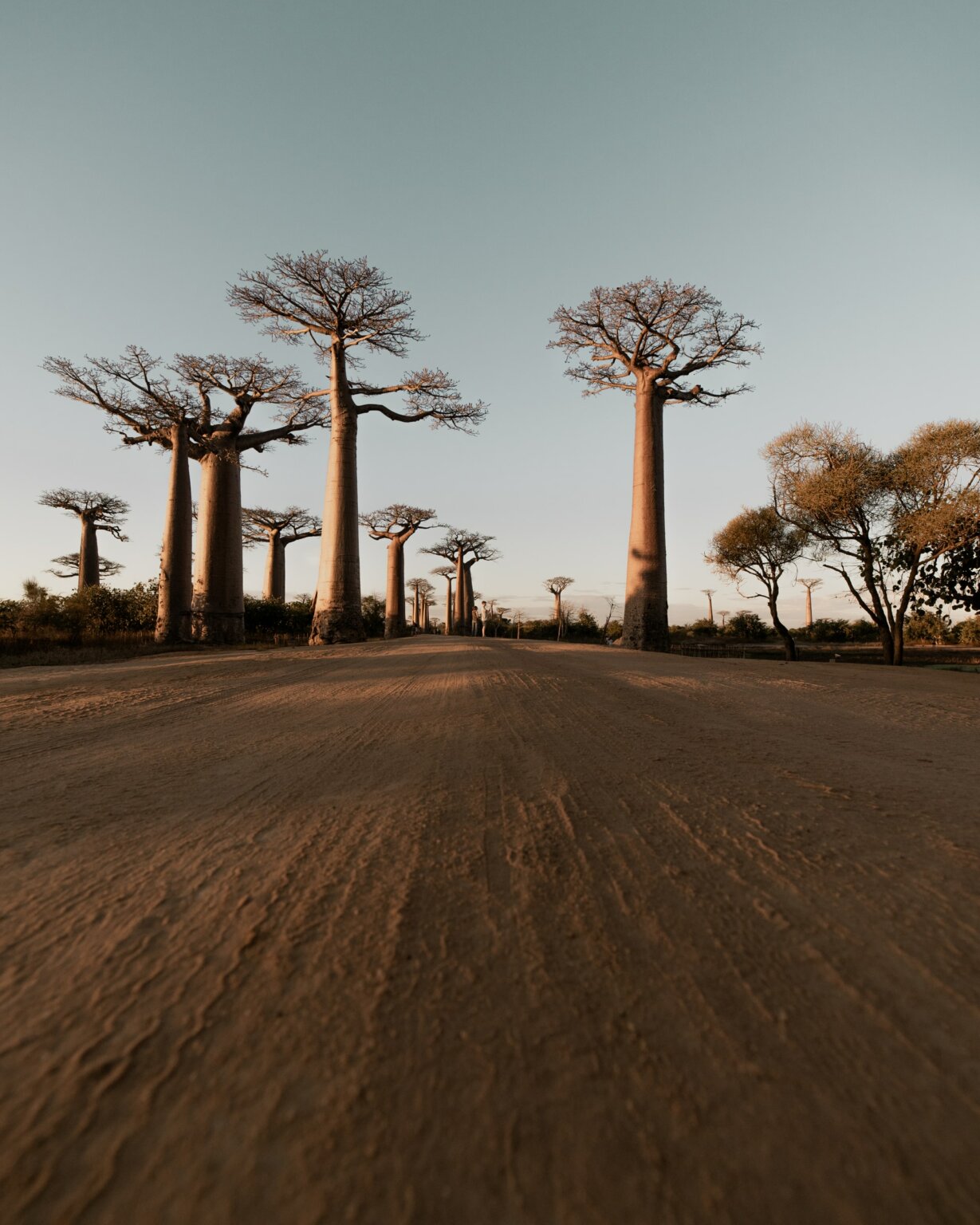- About
- Topics
- Picks
- Audio
- Story
- In-Depth
- Opinion
- News
- Donate
- Signup for our newsletterOur Editors' Best Picks.Send
Read, Debate: Engage.
| topic: | Nature |
|---|---|
| located: | Chile, Panama |
| editor: | Ellen Nemitz |
A good wave is slowly spreading through Latin America. One by one, countries are advancing their legislations to recognise the right of nature to exist and to be preserved. It is the beginning of a mindset switch: the end of a rampant exploitation of natural resources to a reconnection of humans and nature as one sole entity - which is nothing but the ancestral indigenous peoples' ways of living, once disfigured by industrial greed that sees nature as an endless source of richness, regardless of its continuous depletion.
On 24 February, Panama's president, Laurentino Cortizo, signed a much longed-for and celebrated law which recognises a handful of nature's rights. According to the official press release, it is now mandatory to respect and protect “Nature's right to exist, persist, and regenerate its life cycles,” which means all actions taken by people, companies and governments must enable the “timely and effective restoration" and the “preservation of [nature’s] water cycles.” Anyone will be able to work as a nature defender and, every time nature's and humans’ interest are in conflict, nature must come first.
According to Global Forest Watch, since 2000 Panama's tree cover has decreased by 7.7 percent. The WWF report "Deforestation fronts: drivers and responses in a changing world" shows that cattle ranching is the main deforestation driver in the country. The law just enacted may draw a new ending for this story. “Panama is one of the 25 most megadiverse countries globally, playing a pivotal role in preserving biodiversity and mitigating climate change,” said the Latin American Legal Director at Earth Law Centre, Constanza Prieto Figelist, who served as an eco-centric law consultant during the legislative drafting process.
One of the key developers for the new law, in the first place, was the international movement Rights for Nature, which advocates for a structural and widespread “transformation of the governance of natural systems,” aiming for “the global establishment of legislature in recognition of the inherent rights of nature.” Their dream may be closer to becoming a reality as more nations recognise the importance and value of the natural world, both for the environment and for people.
Other countries have already stepped forward in recognising nature's rights, such as Costa Rica and Ecuador. In Chile, now led by a president committed to the environment, Gabriel Boric, the Constituent Assembly has approved the Right of Nature to the upcoming constitution. Building new patterns of relations with nature is imperative and possible. “The Rights of Nature do not promote an untouchable nature,” writes the environmental activist and researcher Pablo Solón. "The Rights of Nature forces us to think in terms of the non-human from a broader view of systemic interrelations and not just a narrow perspective of ‘humans need not care for the non-human.'"
The next challenge, at least for these countries which have already overcome legislative barriers, is to actually put the laws into effect and enforce them. As for Chile, Solón is optimistic: “The road is long and complex, but this step is historic!”
Photo by Caleb Russell

